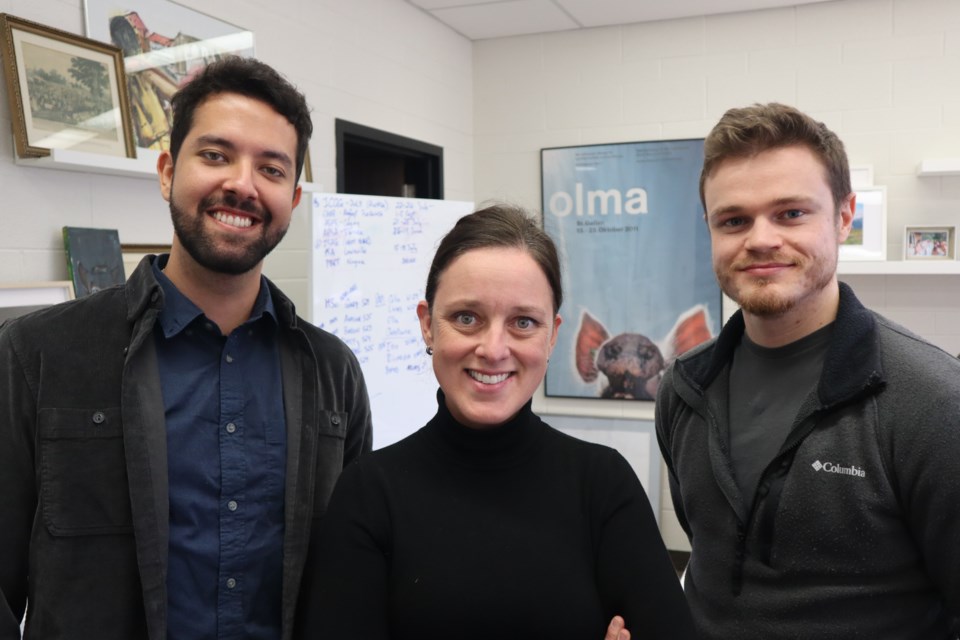University of Guelph students and faculty have teamed up with the University of Florida for its science communication podcast to help bridge the gap between researchers and the public.
U of G was first approached by the team in Florida in fall of 2023. University of Florida professor Jamie Loizzo and PhD. student Madison Dyment from the team came to visit, gauge interest, and find out what students have been researching.
“Anytime that there’s an opportunity for knowledge transfer and communication of what we do, our ears perk up and we try to get involved,” said Christine Baes, U of G professor and chair of the department of animal biosciences.
Once she realized both universities were involved with agriculture she thought "this is going to be a huge opportunity for us as well as for them."
The University of Florida has a department of agricultural education and communication which is where the Streaming Science podcast project was born out of.
PhD. candidates in the department of animal bioscience Lucas Lopes and Colin Lynch are looking forward to testing their research communication skills through the podcast.
Since we are at the start of our careers the podcast platform gives us a chance to make mistakes and learn better ways to communicate, said Lynch.
Talking about animal genetics with friends can be challenging, Lynch and Lopes noted.
The podcast is likely to be published by the end of the semester in early May, said Baes.
Since the podcast collaboration is in the early stages Lynch is looking forward to figuring out who the target audience will be and working with the podcasters to choose the topics they would like to discuss.
There are about 10 to 15 students and faculty at U of G who will be part of the podcast.
The department has a professional development course but it’s not quite as specialized as the Streaming Science project, said Baes. “It’s something that we can learn from I think because everyone has an opinion on animal agriculture,” she said.
“We’re very good at genetics, for example. We’ve just come up with the first national genetic evaluation for methane emissions in the world, really. And that was done here,” said Baes. “So yes, we’re very proud of that but at the same time maybe we’re not as good as they might be in terms of communication.”
She noted communication isn’t only speaking but listening too.
“You only truly know something if you can explain it to someone who has no idea what you’re talking about,” said Lynch.
This is bigger than a collaborative student podcast, it could symbolize something for the greater agricultural community, said Baes.
“I think that we know a lot of stuff but we don’t get to talk to the people that need to hear it,” said Lopes.
When talking about the impact of agriculture and livestock on the environment, we know that Canada isn’t the biggest source of that, he said. People need to hear this and what we’re doing to reduce our impact too, said Lopes.
“It’s so fundamentally important for the agricultural community to have this misinformation dealt with in a way that resonates with people who might not want it to resonate,” said Baes.



